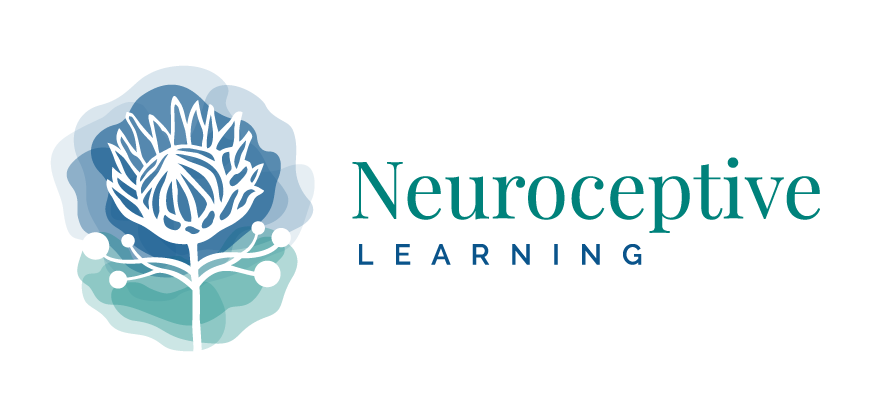A paradigm shift to thriving in our VUCA World and Beyond
In August 2024, Stephen Porges released “The Polyvagal Perspective,” highlighting the more expansive and broader applications and implications of the Polyvagal Theory (PVT).
This release marks almost 30 years since Porges first presented his enhanced understanding of the Polyvagal unified nervous system at a conference in Atlanta in October 1994. Since then, PVT has been extensively tested, adopted, and proven to be a game-changer in various fields.
Stephen W. Porges, PhD, is a Distinguished University Scientist and founding director of the Kinsey Institute Traumatic Stress Research Consortium at Indiana University. He also serves as a professor of psychiatry at the University of North Carolina and resides in Atlantic Beach, Florida.
The synopsis of his latest book emphasises that Polyvagal Theory has revolutionised our understanding of the autonomic nervous system’s profound impact on sociality, emotional regulation, cognitive functions, and overall mental and physical well-being. Rigorous academic testing has shown that the theory’s applications extend into diverse fields such as psychotherapy, medicine, education, and performance.
This volume presents a collection of recent writings by Dr. Stephen W. Porges, showcasing the wide-ranging applications of the polyvagal perspective. The writings update the theory and explore its implications for sociality, safety and threat, trauma, functional medicine, vagal nerve stimulation, Ehlers-Danlos syndrome, addiction, compassion, management and dance movement therapy. This newest volume demonstrates how adopting a polyvagal perspective enriches our understanding of biobehavioral processes across various domains.
One of the reviews on Amazon.com compares Porges’s work to the revolutionary contributions of Copernicus and Darwin, stating that just as these figures challenged conventional thinking in their respective fields, Porges’s Polyvagal Theory extends evolutionary concepts to the vagus nerve. The review highlights how the theory provides mechanisms for understanding interactions in mind-body medicine, offering insights into conditions such as PTSD, inflammatory diseases, cancer, Alzheimer’s disease, and autism. Porges’s polyvagal heuristic approach equips psychologists and therapists with tools to help their patients and provides a paradigm shift for healthcare professionals across disciplines.
Ed Tronick, PhD, praises Porges as an exemplary researcher and theorist who has translated his foundational work into a transformative perspective on various disorders causing human suffering. Tronick notes that “The Polyvagal Perspective” elaborates on the mediating role of the autonomic nervous system, offering a unifying mechanism for understanding psychotherapy, trauma, sociality, regulation, education, and more. The book explores how the polyvagal system underlies feelings of safety. It takes readers on a journey from neurophysiology to the experiential world and the meaning we make of ourselves within it.
Norman Doidge, MD, acknowledges Porges’s masterful depiction of the nervous system in his theory. He emphasises that “The Polyvagal Perspective” extends the range of a theory so crucial that our understanding of the nervous system and human behaviour would be significantly limited without it. Doidge expresses excitement about the new insights and applications presented in this latest volume.
As we approach the release of “The Polyvagal Perspective,” the anticipation builds for a deeper understanding of how this theory continues to shape our knowledge of health, stress, and disease.
This new book explores the broader applications of Polyvagal Theory and promises valuable insights for researchers, clinicians, and anyone interested in the future of health and human behaviour.
To learn more about the fascinating history of the Polyvagal Theory, please read our blog “Celebrating 30 Years of the Polyvagal Theory”.
To learn more about how Neuroceptive Learning is Polyvagal-informed, please read our blog “Neuroceptive Learning’s Approach to a Psychologically Safe World”.


